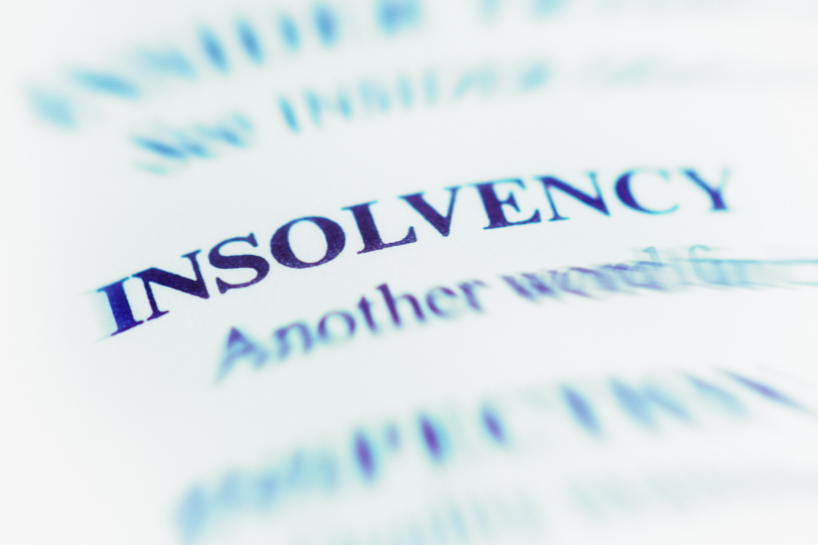A Personal Insolvency Agreement (PIA) is a formal arrangement between an insolvent individual and their creditors to settle their debts. It is a legal alternative to bankruptcy and is governed by the provisions of the Bankruptcy Act 1966.
In this article we will provide you with an overview of what a PIA may mean for you.
Do I qualify for a Personal Insolvency Agreement?
To qualify for a PIA, you must:
- be insolvent, meaning you are unable to pay their debts as they fall due,
- be connected to Australia by residence or business,
- not have applied for PIA in the last six months, and
- not be subject to an undischarged bankruptcy.
How do I enter into a Personal Insolvency Agreement?
A PIA is typically initiated by you, the debtor, who engages the services of a registered trustee (also known as a Personal Insolvency Practitioner) to assist in the preparation, negotiation and administration of the agreement.
A PIA proposal outlines details such as the debtor’s financial position, assets, income, and liabilities. It also includes a proposed repayment plan, which may involve a lump sum payment, periodic payments, or a combination of both.
The proposal must be accepted by a majority of the creditors in terms of dollar value and voting power to become binding on all creditors.
What happens once my Personal Insolvency Agreement is approved?
Once the PIA is in effect, you will make regular payments to the trustee, who distributes the funds among the creditors according to the agreed terms. Throughout the duration of the agreement, you must adhere to your obligations, including making timely payments and providing accurate financial information.
What are the advantages of a Personal Insolvency Agreement?
A PIA offers several advantages to both you and your creditors.
For you a PIA:
- provides an opportunity to avoid bankruptcy,
- protects your assets, and
- allows you to maintain greater control over your financial affairs.
For your creditors:
- there is the potential to receive a higher return when compared to bankruptcy, and
- they can actively participate in the negotiation process.
What are the pitfalls of a Personal Insolvency Agreement?
It’s important to note that a PIA can have long-term implications for your credit rating and ability to access credit in the future.
What next?
It is essential to seek advice from an insolvency professional to fully understand the potential consequences and determine if a PIA is the most appropriate option for your financial situation.
At Hunt & Hunt, we have a national insolvency, turnaround, and restructuring team who can assist you with anything insolvency related, including PIAs.
If you are in need of advice, please don’t hesitate to contact our office on (02) 9391 3000.
Article by Matt Gauci, Partner, Jessica Egger, Senior Associate and Dallas Torresan, Paralegal














